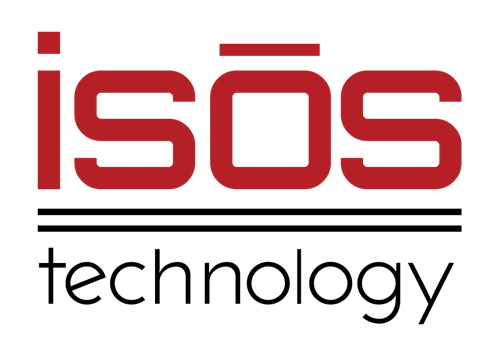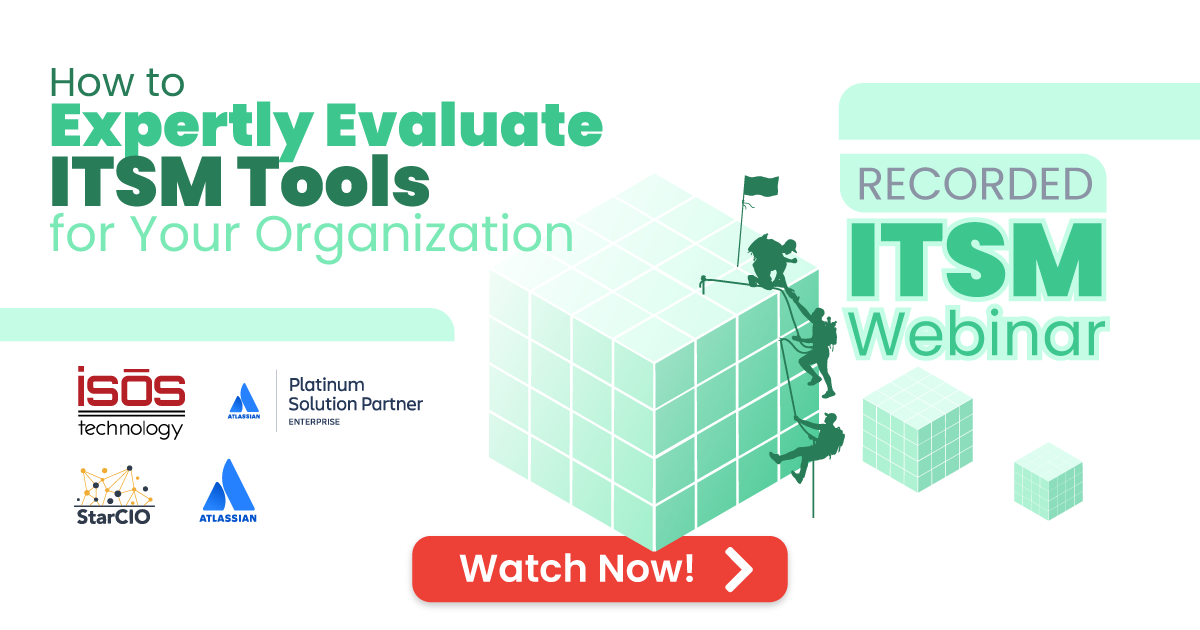 Atlassian created Jira Service Desk in 2013, after noticing that nearly 40% of its customers had adapted Jira's pre-existing issue and project tracking software to handle service requests for their own organization.
Atlassian created Jira Service Desk in 2013, after noticing that nearly 40% of its customers had adapted Jira's pre-existing issue and project tracking software to handle service requests for their own organization.
Since that time, they’ve taken it a step further. Atlassian introduced Jira Service Management (JSM), a cost-effective, easily manageable, and robust IT service management (ITSM) platform that brings IT operations and development teams together to collaborate in an agile approach.
Here are seven things to know about Atlassian Jira Service Management.
1. Built for Agile DevOps ITSM
According to Gartner, “Through 2023, 80% of ITSM teams that have not adopted an agile approach will find their ITSM practices are ignored or bypassed as a result of more agile ways of working being adopted elsewhere in the organization.” Jira Service Management is built upon the same platform as Jira Software, the number one tool for agile teams. Because of that, deploying JSM brings your IT and developer teams together in a harmonious, single platform, meaning deployments, updates and fixes can all be made quickly, efficiently, and collaboratively. Without it, teams will begin to bypass the important processes that might be deemed inefficient on other platforms.
Practices inspired by Agile and DevOps are built right into the product. That includes service management practices like request, incident, problem, change, and configuration management without the need for significant upfront platform development.
2. Easy Entry for Any Team
Jira Service Management’s simple and user-friendly UI empowers any team in your organization, from IT to HR to legal, to quickly set up a service desk that can continuously adapt at scale. Just a few of the features that make JSM easy for diverse teams to use include:
- Self-service portal
- Native mobile app
- No code automation
- Configurable workflows
- Streamlined, collaborative agent queues
- Powerful SLAs and reporting
- Jira platform integration
Atlassian built the functionality of their alerting and incident response tool, Opsgenie, directly into JSM out-of-the-box. That means support teams can manage incidents from end-to-end within their own projects.
All within JSM, incidents can be reported and escalated to the right on-call teams directly from a request, with ongoing collaboration and communication. Post-incident preventative reporting can be exported to Atlassian Confluence.
5. Seamless Change Management Built for DevOps
JSM offers change management workflows built for DevOps with automatic and seamless change requests from continuous integration and continuous delivery (CI/CD) tools like Bitbucket Pipelines.
Having a set change management process means your organization will have more stable and predictable IT services that can quickly adapt to new business needs, while avoiding duplication of efforts from failed changes and reducing risks, outages, and defects.
6. Adaptability and Customization
Traditional service management tools are notorious for taking a one-size fits all approach. JSM, on the other hand, includes integrations across the Atlassian portfolio, and over 5,000 third party tools in the Atlassian Marketplace. That means each team can tune the product to their unique needs and easily pivot when priorities change.
JSM also features a modern approach to Information Technology Infrastructure Libraries (ITIL) that allows you to set up the service management practices that will support your team, without the bloat of features you don’t need and won’t use, saving you and your organization time and money.
7. ROI of 246%
A Forrester Consulting report found that organizations that deployed Jira Service Management experienced benefits of more than $4 million over three years, achieving a return on investment (ROI) of 246%. Included in those benefits were a 61 percent increase in service agent productivity, and more than $800,000 in savings from retiring legacy ITSM tools. In addition, Atlassian customers are finding up to 70% costs savings after migrating from other service management tools.
8. Transparent and Competitive Pricing
JSM offers a transparent pricing model that eliminates difficult negotiations and months-long renewals. Atlassian offers a free plan for three agents, a standard plan that costs $20 per agent, per month, and a premium plan at $45 per agent, per month.
Ready to make the move to JSM? Contact us for more information!
Sign up to receive more great content
Learn more about Atlassian and how Isos can help by signing up to receive our latest blogs, eBooks, whitepapers and more.













